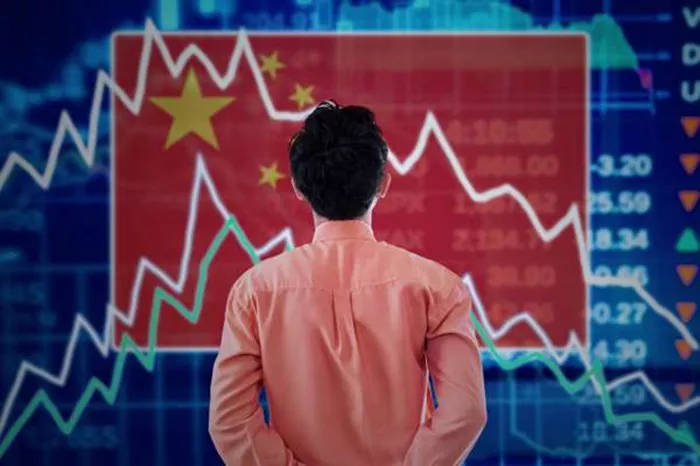In a significant financial setback, China’s two wealthiest individuals have seen their fortunes diminish substantially due to a severe downturn in consumer stocks. The current market turbulence, which has predominantly affected the consumer sector, has resulted in dramatic declines in stock values. Major companies in this sector have experienced considerable drops in their stock prices, leading to widespread repercussions for investors. This recent rout reflects broader issues within the market, where consumer stocks have been hit particularly hard, contributing to the financial losses of high-profile investors.
Economic Uncertainty Reflects Broader Trends
The recent market downturn highlights the pervasive economic uncertainty affecting global investors. The consumer sector, in particular, has faced sharp declines, showcasing the volatility and risk associated with stock market investments. This sector’s struggles underscore the broader economic challenges, including shifting consumer behavior and macroeconomic pressures, that have created a turbulent environment for investors. The severity of these declines is a reminder of how swiftly market conditions can change and impact wealth accumulation, especially for those heavily invested in consumer-related stocks.
Impact on China’s Wealthiest Individuals
The financial turmoil has had a pronounced impact on China’s top billionaires, illustrating the vulnerability of even the wealthiest individuals to market fluctuations. The losses experienced by these high-profile investors reflect the broader instability within the consumer market. The significant drops in their net worths are a testament to the dramatic effects of market volatility on personal fortunes. This situation emphasizes how external economic factors can rapidly alter the financial landscape for even the most affluent individuals, highlighting the interconnectedness of global financial markets and the risks inherent in high-stakes investments.
Implications for Investment Strategies
The ongoing market turbulence has significant implications for investment strategies and economic forecasts, particularly within the consumer sector. Investors may need to reassess their approaches in light of the current volatility, potentially shifting strategies to mitigate risks associated with consumer stocks. This period of instability calls for a cautious and adaptable investment approach, as market conditions remain unpredictable. Analysts and investors will be closely observing these developments, seeking to navigate the challenges and adjust their portfolios in response to the evolving economic landscape.
Conclusion
The substantial financial losses experienced by China’s richest individuals amidst the consumer stock rout underscore the inherent risks of investing in volatile market sectors. As the consumer market continues to face significant challenges, the impact on high-profile investors serves as a reminder of the unpredictable nature of financial markets. Moving forward, both investors and market analysts will need to adapt their strategies and expectations to navigate the uncertainties and mitigate potential impacts on their financial positions. The current situation highlights the need for vigilance and flexibility in investment practices, as the market dynamics continue to unfold.
Related Topics:
-
BOK Governor Rhee Calls Rate Hold A Warning On Rising Household Debt
-
Santander Announces €1.5 Billion Share Buyback As Part Of Payout Commitment
-
Fed Cuts Could Trigger $1 Trillion Foreign Exchange ‘Avalanche’ Into China, Warns Analyst Jen
-
PDD’s $55 Billion Stock Crash Sparks Alarm Over Chinese Economic Health

